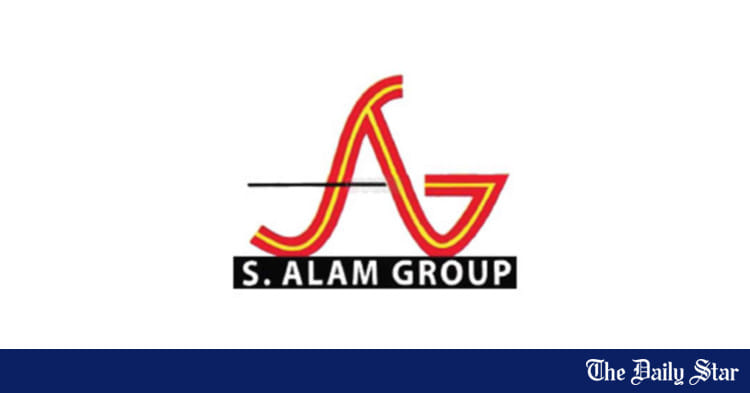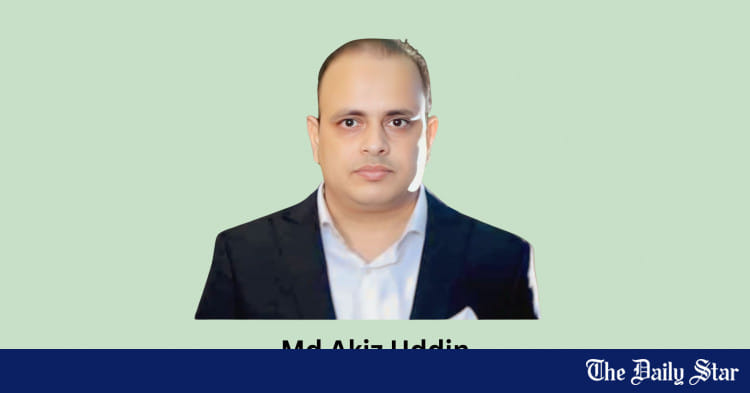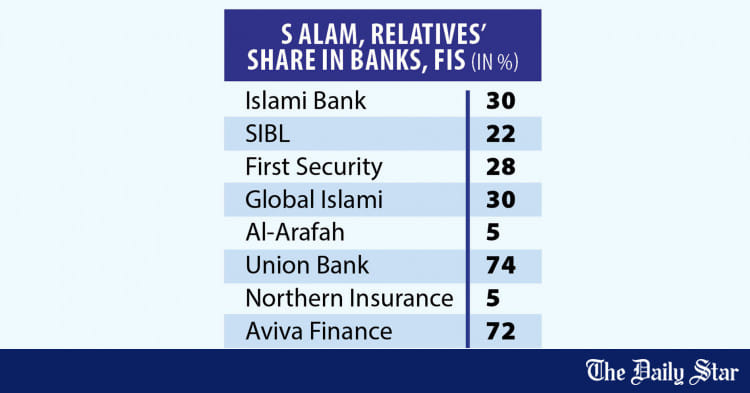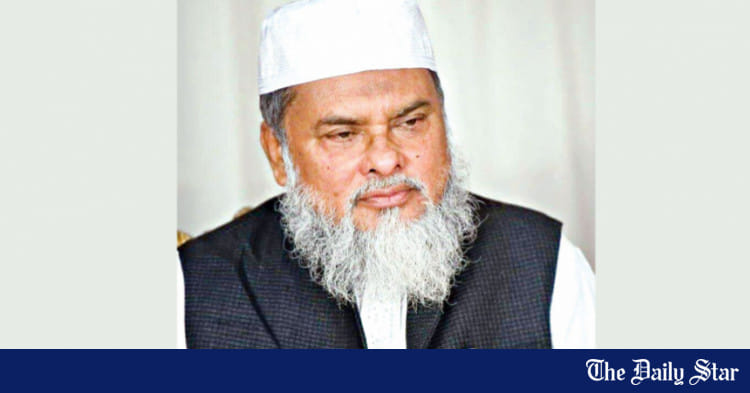Saif
Senior Member
- Joined
- Jan 24, 2024
- Messages
- 17,175
- Likes
- 8,163
- Nation

- Residence

- Axis Group

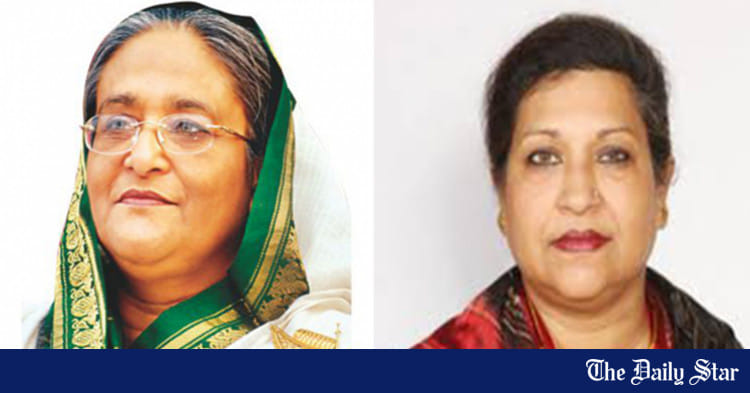
Writ challenges laws for Bangabandhu's family members
A writ petition was filed with the High Court yesterday challenging the legality of the Protection of Family Members of the Father of the Nation Act 2009 and the Special Security Forces Act 2021
Writ challenges laws for Bangabandhu's family members

Sheikh Hasina and Sheikh Rehana.
A writ petition was filed with the High Court yesterday challenging the legality of the Protection of Family Members of the Father of the Nation Act 2009 and the Special Security Forces Act 2021.
Supreme Court lawyer and Assistant Secretary General of Human Rights Support Society (RSS) Mohammad Moniruzzaman filed the petition as a public interest, saying that the two laws are contradictory to the constitution as those have ensured the facilities of protection and security for only the father of the nation and former prime minister Sheikh Hasina and their family members.
Other family members of the father of the nation are ordinary citizens like others of the country and providing such facilities for their family members are discriminatory and unconstitutional.
Advocate Moniruzzaman told the Daily Star that the HC may hold a hearing of the petition on Tuesday.
Law secretary, home secretary, finance secretary, Special Security Forces's director general and former Prime Minister Sheikh Hasina, her sister Sheikh Rehena, her (Hasina) son Sajib Wazed Joy and daughter Saima Wazed Putul, her family members Redwan Mujib Siddique Bobby, Tulip Siddique and Azmina Siddique Rupanti have been made defendants in the writ.
In the petition, Moniruzzaman prayed to the HC to pass an order on the government to recover the benefits and facilities already enjoyed by the family members of the Father of the Nation and to direct the respondents concerned to stop providing special security arrangements for them.
In the petition, he sought an order from the HC for the authorities concerned to prepare a report on the state's expenditure on all the benefits and properties enjoyed by the family members of the Father of the Nation and submit it to the court.
Sheikh Hasina and Sheikh Rehana.
A writ petition was filed with the High Court yesterday challenging the legality of the Protection of Family Members of the Father of the Nation Act 2009 and the Special Security Forces Act 2021.
Supreme Court lawyer and Assistant Secretary General of Human Rights Support Society (RSS) Mohammad Moniruzzaman filed the petition as a public interest, saying that the two laws are contradictory to the constitution as those have ensured the facilities of protection and security for only the father of the nation and former prime minister Sheikh Hasina and their family members.
Other family members of the father of the nation are ordinary citizens like others of the country and providing such facilities for their family members are discriminatory and unconstitutional.
Advocate Moniruzzaman told the Daily Star that the HC may hold a hearing of the petition on Tuesday.
Law secretary, home secretary, finance secretary, Special Security Forces's director general and former Prime Minister Sheikh Hasina, her sister Sheikh Rehena, her (Hasina) son Sajib Wazed Joy and daughter Saima Wazed Putul, her family members Redwan Mujib Siddique Bobby, Tulip Siddique and Azmina Siddique Rupanti have been made defendants in the writ.
In the petition, Moniruzzaman prayed to the HC to pass an order on the government to recover the benefits and facilities already enjoyed by the family members of the Father of the Nation and to direct the respondents concerned to stop providing special security arrangements for them.
In the petition, he sought an order from the HC for the authorities concerned to prepare a report on the state's expenditure on all the benefits and properties enjoyed by the family members of the Father of the Nation and submit it to the court.




































